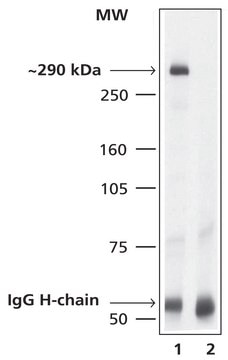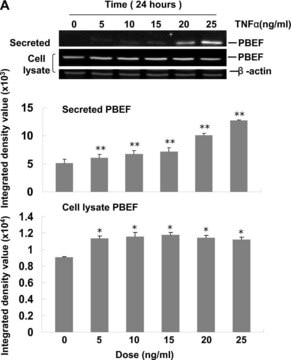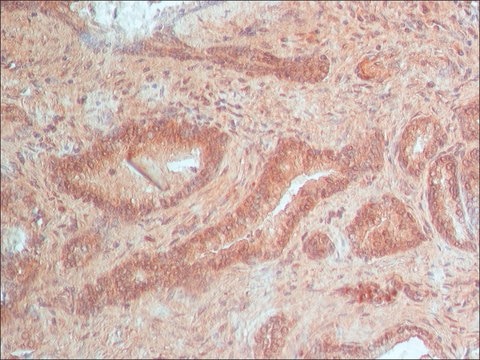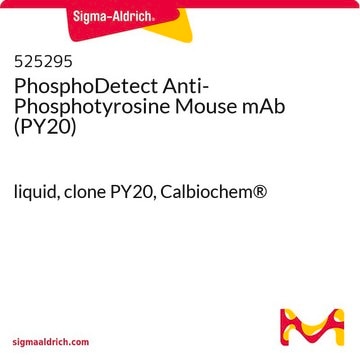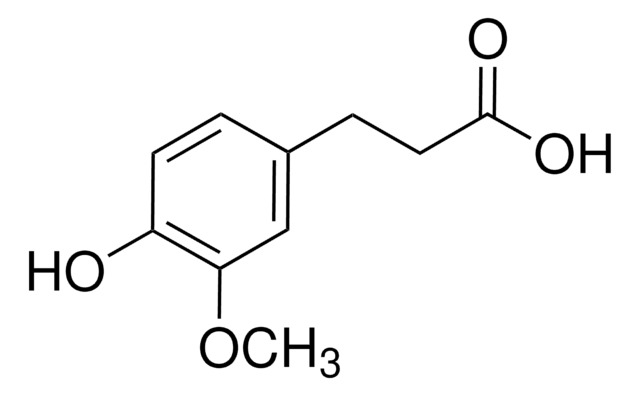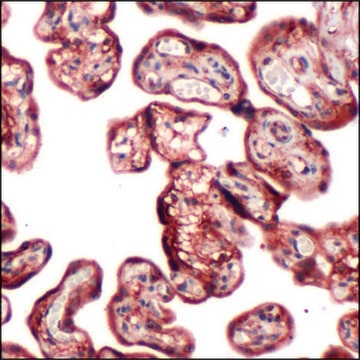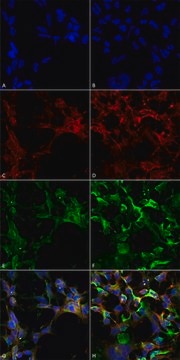ABS79
Anti-phospho-mTOR (Ser2159) Antibody
from rabbit, purified by affinity chromatography
Synonym(s):
Serine/threonine-protein kinase mTOR, FK506-binding protein 12-rapamycin complex-associated protein 1, FKBP12-rapamycin complex-associated protein, Mammalian target of rapamycin, mTOR, Mechanistic target of rapamycin, Rapamycin and FKBP12 target 1, Rapam
About This Item
Recommended Products
biological source
rabbit
Quality Level
antibody form
affinity isolated antibody
antibody product type
primary antibodies
clone
polyclonal
purified by
affinity chromatography
species reactivity
human
species reactivity (predicted by homology)
mouse (based on 100% sequence homology), rat (based on 100% sequence homology), zebrafish (based on 100% sequence homology), sheep (based on 100% sequence homology)
technique(s)
dot blot: suitable
inhibition assay: suitable (peptide)
western blot: suitable
NCBI accession no.
UniProt accession no.
shipped in
wet ice
target post-translational modification
phosphorylation (pSer2159)
Gene Information
human ... MTOR(2475)
Related Categories
General description
Specificity
Immunogen
Application
Signaling
Kinases & Phosphatases
Quality
Dot Blot Specificity Analysis: Unmodified and modified mTOR peptides (see Table) were probed with Anti-phospho-mTOR (Ser2159) (1:1,000 dilution).
Target description
Physical form
Storage and Stability
Analysis Note
Unmodified and modified mTOR peptides
Other Notes
Disclaimer
Not finding the right product?
Try our Product Selector Tool.
wgk_germany
WGK 1
flash_point_f
Not applicable
flash_point_c
Not applicable
Certificates of Analysis (COA)
Search for Certificates of Analysis (COA) by entering the products Lot/Batch Number. Lot and Batch Numbers can be found on a product’s label following the words ‘Lot’ or ‘Batch’.
Already Own This Product?
Find documentation for the products that you have recently purchased in the Document Library.
Our team of scientists has experience in all areas of research including Life Science, Material Science, Chemical Synthesis, Chromatography, Analytical and many others.
Contact Technical Service